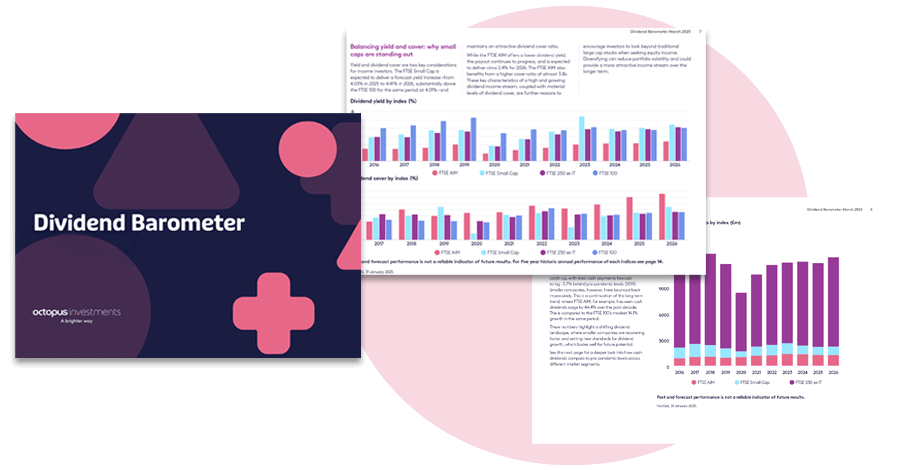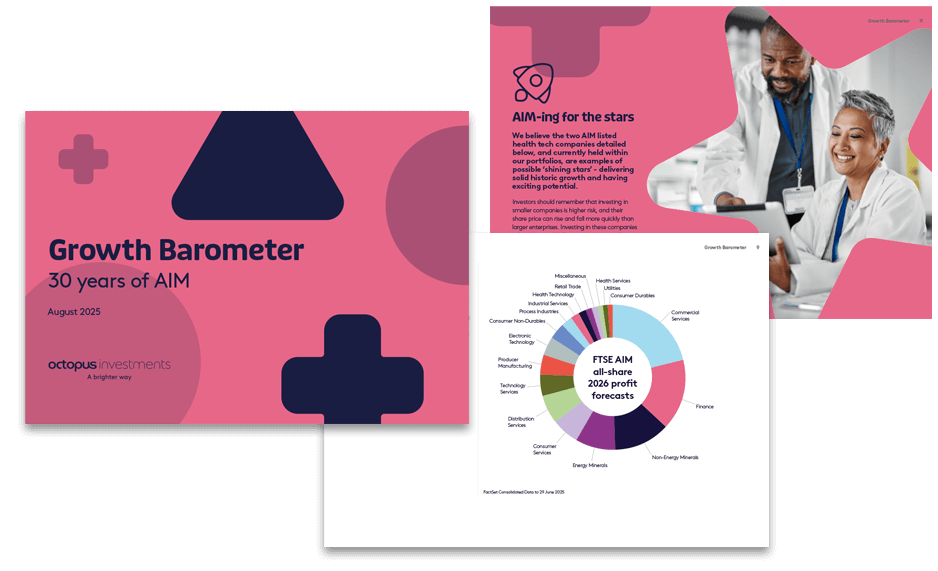
Jackie Lockie
Head of Financial Planning at The Chartered Institute for Securities & Investment (CISI)
Are we doing enough to close the advice gap?
I think the short answer is no, we are not doing enough. Although, I don’t know whether 60% of advisers will retire fully in the next ten years, but we might see lots of them partially retire, perhaps stop going after new clients and cutting the hours they work.
What’s stopping the industry from attracting younger talent?
It’s a really rewarding job, but I’m not sure that we really get that across in schools and in universities, to students, because I think students that I talk to, don’t understand what it is. So, if you don’t understand what it is, then there’s no attraction there to come and give it a whirl.
A lot of people go into the accountancy profession. And that’s probably so much more number crunching than the financial planning profession. So, you would think that if people had the same level of awareness as they do for accountancy, that we would be able to attract a lot more financial advisers and planners into the community. So, I think the main problem is that general awareness, that there isn’t really that defined career path.
I once met a student doing a degree in wealth management, and I asked him why he wanted to go into that career. He said, ‘I’m good with spreadsheets, and I like money’. And I said, that’s not a reason to do wealth management. And he said, ‘I like the analysis’. Again, I said, ‘But that’s not what wealth management is about’. So, it was really interesting how even somebody undertaking a degree like that, still had some misconceptions about what he thought wealth management was.
Why has the industry struggled to communicate what the role actually involves?
I think it’s all very muddled, because in the profession now we’ve got financial planners, financial advisers, wealth managers, investment managers, wealth consultants, financial planning consultants, all sorts of different job titles. And we don’t stick with the same thing, so I think it’s really difficult for people to really understand what role we are describing, and what service they will receive.
Clearly, there are two roles defined by the regulator. There’s the investment manager and the regulated financial adviser, and that’s why those are protected terms by the FCA. But outside of that, there are so many added extras and different services that you might offer.
That’s where I think it might be helpful to have some more generic job descriptions. That would give us some expectations that we could talk to students about, so that they could get a feel for whether it’s something they might be interested in.
Where do paraplanners fit into the equation? Should we also be focusing on attracting more of them too?
Paraplanners are fundamental to the efficiency of advice business. If we can get more paraplanners through the door, that will help advisers become more efficient, and they can serve more clients. But when I talk to financial planning firms, they increasingly tell me that good paraplanners are extremely hard to find.
It’s a bit chicken and egg, because actually there a lot of advisers out there, who are looking for really highly qualified paraplanners to hit the ground running. That’s because small firms don’t always have the time and the resource to be able to put in to train up a paraplanner. That means if you come out of university, for example, you might be really interested in paraplanning, but who do you apply to for your first job? You don’t have any financial advice qualifications yet, but you’re willing to do them. But where do you go?
Some of the larger firms have graduate recruitment schemes, but not all of them. A lot of the have a mini job recruitment scheme, but a lot of them don’t have anything in place at all. For those that do have a scheme in place, there will be a risk that they might lose their new employees to another firm once they are fully trained. This can put off some smaller firms, knowing that they will have to start over again!
There’s also been some debate about whether it makes sense to go after younger generations, or those going into second careers. What’s your view?
I think the main focus should be on recruiting the younger generation, rather than those making career changes. For the last 20 years, people have been saying to me that the average age of the financial adviser is in their late 50s. It doesn’t add up, because we’re all 20 years older now, and the age is still basically the same.
The younger generation are going to inherit trillions from the baby boomer’s generation and those people are going to need advice. Where are they going to get it from? Most of them probably aren’t going to be interested in an adviser in their late 50s. I think that’s why there is a big role for younger planners, to get involved in the profession.
Why does diversity matter in the advice industry?
If we want to grow the profession, we have to build an industry that is going to engage all areas of society. And that means that the profession itself should be reflective of the society that it serves. And so, you need to be able to attract different people from different walks of life, from different racial backgrounds and upbringings, so that those seeking advice can relate to them, and they can understand and explain things in their different terminology. We’ve got this advice gap already, if we don’t have a diverse population of advisers and paraplanners to serve the public, then the advice gap is only going to get bigger rather than smaller.
Beyond recruitment, do you think advice firms could offer different levels of service in order to serve more clients?
There are people in their retirement who are paying too much for the advice that they’re getting, because they’re on an asset management charge. And while their situation was perhaps more complicated in the past, it isn’t anymore. The advice that they need is relatively simple, because it’s maintenance into their retirement and later years. So, I think advice firms need to be very clear when they offer two or more different levels of service. Certainly, under the client segmentation rules that the FCA’s been looking at over the last 18 months or so, those clients should be offered a different level of service where appropriate and advisers should review this on a regular basis to ensure the client is getting the best value for money for the service they really need.
I think the other potential problem is, who chooses which tier you’re in? Does the client choose based on a menu, or does the adviser choose? Or, is it a case of the two groups having a discussion together and saying, I think we should be in this area for now? Because financial planning and advice is a cyclical process, it’s not just a one hit and then you can go off into the blue yonder.
Introduction

Introduction
The advice gap looks set to grow substantially – with significant implications for the financial advice profession.
Chapter 1

Chapter 1 – Why the advice gap looks set to grow wider
Learn why the advice gap looks set to grow wider and why outdated perceptions of the profession are making recruitment more difficult.
Chapter 2

Chapter 2 – Raising awareness of financial advice as a career
This chapter outlines how we can attract the next generation of talent as well as the significant commercial benefits of doing so.
Chapter 3

Chapter 3 – Harnessing technology and new ways of working
Technology has huge potential to help close the advice gap, but where should you start, and what are the barriers that still need to be overcome.
Contributor profiles

Contributor profiles
Still want more? Here you can find extended conversations with some of the report’s contributors.
Related Insights

14 May 2020
Four ingredients to grow your business through professional connections
Hear from Strategic Partnerships Manager Charlotte Fairhurst on how to set yourself apart when establishing professional connections.
Want to find out more?
Contact us to find out more about our institutional offering.






